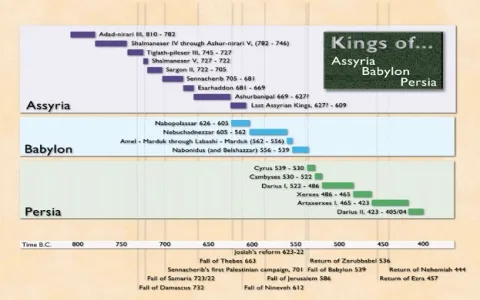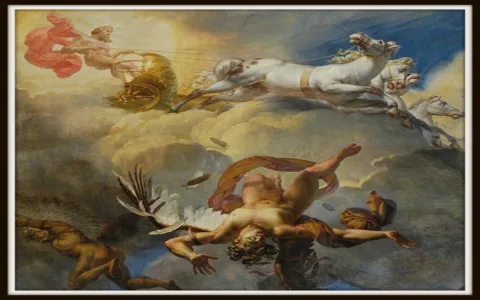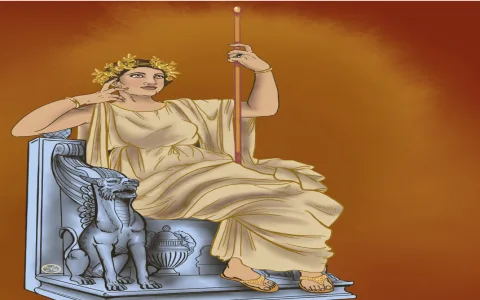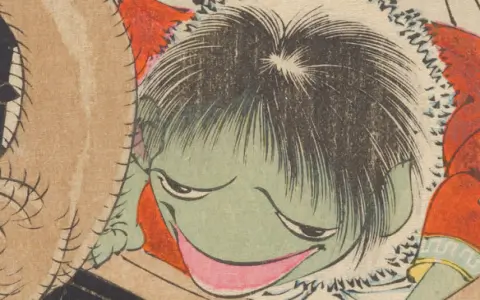Man, I totally blanked on what “Mandate of Heaven” actually meant the other day. Heard it mentioned in some history doc I was half-watching while doing dishes. Sounded important, obviously Chinese, but the specifics? Zilch. Bugged me enough that I decided I had to figure it out properly.
First thing, I hauled out my laptop right there at the kitchen counter. Pulled up a search engine and just typed in “What is the Mandate of Heaven?” simple as that. Hit enter and boom, tons of results. Started clicking the first few links – Wikipedia, some university history sites, a couple of ancient history blogs.
The Info Dump Struggle
Honestly, at first glance, it was a total info overload. Big words, fancy terms. Saw stuff like:
- “Divine right” – Okay, kinda get that, like God says you’re king?
- “Legitimizing dynastic rule” – Whoa, slow down. Legitimizing? So making it seem okay they were boss?
- “Cosmic principle” – Uh… space stuff? Confusing!
- “Loss of the Mandate justified rebellion” – Now that caught my eye. So people could overthrow the emperor and blame… heaven?
Kept scrolling and reading different pages, trying to stitch the bits together. Felt like piecing a broken plate back together blindfolded. Took some coffee and maybe half an hour of bouncing between tabs, rereading paragraphs that made my eyes glaze over.

Finally, The Lightbulb Moment
Finally, after slogging through the academic stuff, I found this one explanation that just clicked. Here’s the gist I managed to hammer down into my own, non-fancy words:
- The Big Idea: Think of Heaven (like the universe, gods, the big force) giving the emperor and his family the “OK” to rule all of China. Like a cosmic thumbs-up.
- How They Kept It: To keep this thumbs-up, the emperor had to rule well. Stuff like:
- Keeping people mostly fed and peaceful (no massive famines or constant war).
- Not being a totally terrible person (cruel, selfish, incompetent).
- Keeping things orderly and following the “right” rituals and stuff.
- The Disaster Part: When things went REALLY wrong – huge floods wiping out crops, famines killing thousands, peasant revolts everywhere, crazy expensive wars failing miserably – people saw this as a major sign. Heaven was pissed! The emperor had lost the Mandate!
- The Get-Out-of-Jail-Free Card for Rebels: This was the genius part. If some rebel leader managed to beat the emperor and start a new dynasty, it wasn’t just them winning. Nope! It proved Heaven had taken away the old emperor’s thumbs-up and given it to the new guy. Like, “See? We won because Heaven was on our side. The old guy screwed up bad.”
So yeah, it was this super powerful story used for thousands of years to explain who got to be emperor, why emperors fell, and why the new guy deserved it. It wasn’t just about who had the biggest army (though that helped!), it was about having a ready-made excuse everyone bought into about why power changed hands. Talk about a handy political tool!
Felt pretty satisfied once I got it straight in my head. Way more nuanced than just “king chosen by God,” which was my fuzzy starting point. It’s all about explaining power, responsibility, and rebellion wrapped up in one ancient Chinese package.










